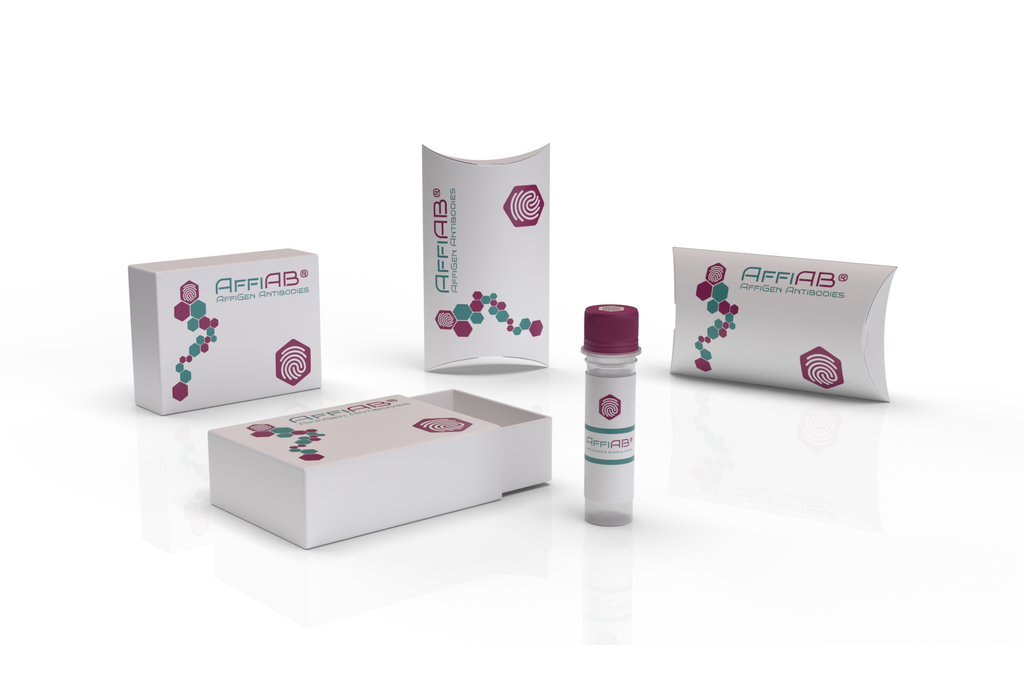AffiAB® Anti-SERPINC1 Antibody
The serine proteinase inhibitors (serpins) compose a superfamily of proteins with a diverse set of functions, including the control of blood coagulation, complement activation, programmed cell death and development. Serpins are secreted glycoproteins that contain a stretch of peptide that mimics a true substrate for a corresponding serine protease. Antithrombin III (ATIII) , an extracellular plasma protein, is a crucial serine protease inhibitor that regulates the coagulation cascade in blood. The inhibitory activity of ATIII is amplified in the presence of heparin. ATIII inhibits Thrombin and Factors IXa, Xa and XIa. Defects in the gene SERPINC1, which encodes for ATIII, can cause ATIII deficiency, an autosomal dominant disease which is a risk factor for hereditary thrombophilia.
Antibody type
Rabbit polyclonal Antibody
Uniprot ID
SwissProt: P01008 Human; SwissProt: P32261 Mouse; SwissProt: Q5M7T5 Rat
Recombinant
NO
Conjugation
Non-conjugated
Host
Rabbit
Isotype
IgG
Clone
N/A
KO/KD
N/A
Species reactivity
Human, Mouse, Rat
Tested applications
WB, IF-Cell, IHC-P, FC
Predicted species reactivity
N/A
Immunogen
Recombinant protein within Human SERPINC1 aa 150-370 / 464.
Storage
Store at +4°C after thawing. Aliquot store at -20°C. Avoid repeated freeze / thaw cycles.
Form
Liquid
Storage buffer
1*PBS (pH7.4) , 0.2% BSA, 50% Glycerol. Preservative: 0.05% Sodium Azide.
Concentration
1 mg/mL.
Purity
Immunogen affinity purified.
Signal pathway
Cardiovascular
Recommended dilutions
WB: 1:500-1; 1, 000; IF-Cell: 1:50-1:200; IHC-P: 1:50-1:200; FC: 1:50-1:100
Molecular Weight
53 kDa
Subcellular location
Secreted.
Positive control
HepG2, mouse smooth muscle tissue, mouse lung tissue, H22, rat kidney tissue, human liver tissue, human small intestine tissue.
